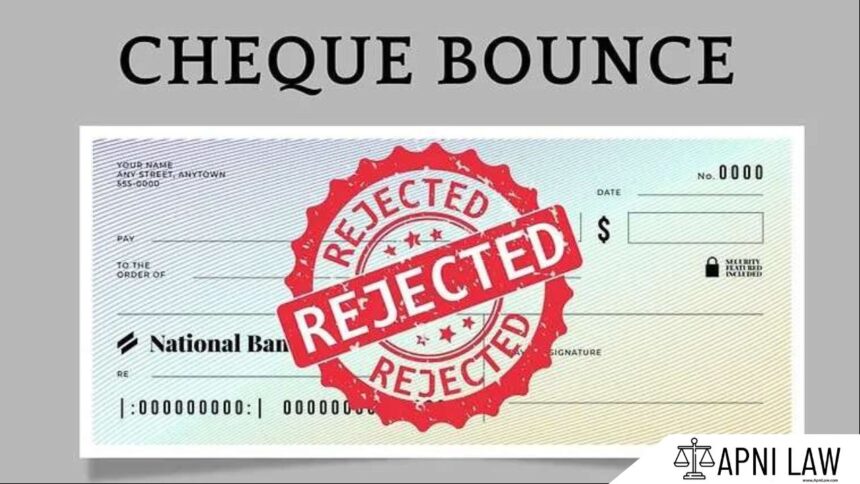The High Court of Jammu & Kashmir and Ladakh ruled that a minor typographical error in a legal notice under the Negotiable Instruments Act, 1881, does not affect its validity. The court refused to quash cheque bounce proceedings involving Rs. 21 lakhs.
Case Background
Ranbir Singh filed a complaint under Sections 138 and 142 of the NI Act. He alleged that Pawan Kumar issued two-three cheques worth Rs. 21 lakhs to discharge a previous liability. Two cheques were for Rs. 10 lakhs and Rs. 11 lakhs. These cheques were dishonoured. The District Mobile Magistrate initiated proceedings. A revision plea before the Sessions Court was dismissed. The petitioner then moved the High Court.
Petitioner’s Stance
Pawan Kumar, through counsel Anil Khajuria, challenged the proceedings. He argued that the legal notice only demanded Rs. 50,000, which was far less than the actual cheque amount. He claimed this flaw violated Section 138, which mandates a demand for the cheque amount.
Court’s Ruling
Justice Rajnesh Oswal held that notices under the NI Act must be read as a whole. The court noted that while the last paragraph of the notice mentioned Rs. 50,000, the earlier parts clearly referred to the two dishonoured cheques totaling Rs. 21 lakhs. The court found this to be a typographical error and not enough to invalidate the notice.
The judge stressed that one inconsistent figure cannot override the entire content and purpose of a notice. He found the notice’s overall demand clear and legally valid.
Final Verdict
The High Court upheld the complaint and the summoning order. It ruled that a minor clerical error did not void the statutory notice. The petition was dismissed. The court also found the case law cited by the petitioner irrelevant to the facts at hand.








